In 1906, Vilfredo Pareto, an economist from Italy, created a mathematical formula to describe the unequal distribution of wealth in his country. He determined that 80% of the country’s wealth was owned by only 20% of the people.
Today, Pareto’s Principle or the 80/20 Rule says that in any situation, 20% of the activities are responsible for 80% of the outcome. On the flipside, 20% of defects are the cause of 80% of the problems.
At Flex Tech, we know the 80/20 Rule can also be used to improve your productivity, making you a more valuable employee. In other words, you can use it to work smarter, not harder. Here’s how you do it…

Organize Your To Do List. Let’s take a look at your daily to-do list. You know some of those jobs don’t take very long and you’d love to be able to scratch them off your list. However, focusing on the larger items will give you the best results and help you practice effective prioritization.
Assess Your Risks. If there are risks involved in your job, focus on the ones that have a higher chance of causing more damage. Monitor those items closely but don’t ignore the others. Give appropriate attention to every risk.
Focus On Your Goals. Certification. Training. Education. Whatever your goals are for your career, focus on the ones that will give you the greatest competitive edge or the best opportunity for success. The more advantage your goal will give you, the more important it is to take care of it first.
Allocate Your Time. We know you’re expected to work the hours you’re scheduled, but figure out when you’re the most productive and schedule your most important work for that time slot. You’ll find you’ll get your best work done during that time.
The 80/20 Rule is a useful tool to prioritize your work, goals and time. It also helps you determine which risks need the most attention. In short, it will help you get the best results in the least amount of time. However, like any rule of thumb, the 80/20 Rule is not absolute. Use it as you need to become more organized.

